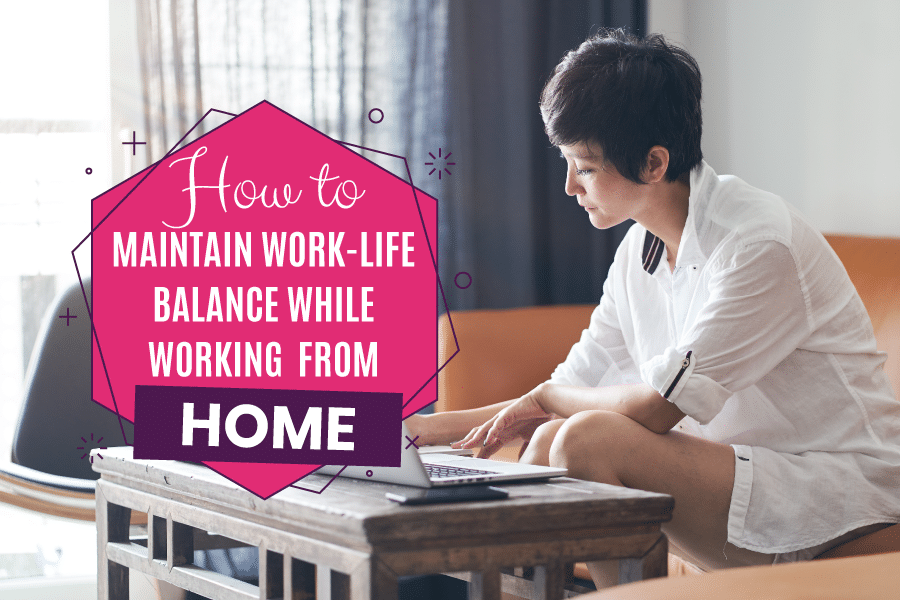While some individuals have worked from home for decades, it’s a new experience for millions of people around the globe. Telecommuting certainly has some advantages; you can avoid illnesses and travel costs. Employers don’t need to rent as much office space. However, work-life balance often becomes a serious problem. Some individuals end up working all the time or very little. It’s particularly difficult for those with children or multiple pets. Fortunately, there are effective ways to balance your career with the rest of your life.
1. Setting Boundaries
If your job doesn’t have a predetermined schedule, you may benefit from creating your own daily timetable. Try to wake up at the same time each day and work the same hours when possible. Get dressed; a casual outfit is fine, but don’t wear pajamas all day. Avoid doing household tasks like vacuuming carpets or washing dishes during your work hours. If you don’t live alone, think about putting up a sign that tells people when you’re working. Certain situations make interruptions especially problematic; you could use a different sign during professional phone calls and online meetings.

2. Taking Breaks
When you’re working at home, you need breaks just as much as employees in shops and office buildings. This will improve your health and allow you to concentrate on tasks more easily. Remember to look far away and walk around; consider going outdoors if weather permits. Always set aside time for lunch. Even when you face a tight deadline, you shouldn’t have to eat meals in front of a computer. People become less productive when they work too many consecutive hours.

3. After Working
Definitively end your workday at a predictable time. Don’t go back and check your business email. Consider using separate email and social media accounts for personal purposes. If other people live in your home, tell them when you’re finished. Family and friends will be less likely to distract you if they can recognize the difference between your work hours and time off. Take a walk or do something relaxing at the end of your shift; don’t immediately switch to washing laundry or paying bills.

4. Separation
To limit distractions and interruptions, try to separate your office from the rest of your residence. This may also help you avoid thinking about work and household tasks at the wrong times. A separate room with a door is preferable. You could also use a partition to divide a large space. If you can still hear family members or neighbors, try wearing padded headphones. Possible office locations:
- Garage
- Motorhome
- Large closet
- Basement
- Attic

Telecommuting works better in some industries than others. The shift may be temporary or permanent depending on your specific job and employer. As with any major transition, it takes time for people to fully adjust. Try to remain open to gradually finding the best techniques and solutions. A change that seems like a complicated problem could eventually improve your life as you avoid traffic, spend more time with your family and cut expenses.


really enjoyed your post. maintaining a work-life balance is hard especially when working from home with so many distractions. your tips will definitely come in handy.
really enjoyed your article. working from home can be distracting and i often find myself not wanting to work. using these tips will help me stay focused!
Excellent text. IT IS something that I ask myself every day, how to better handle all this teleworking. Very good ideas for me to do from now on. Thanks for the information and ideas.